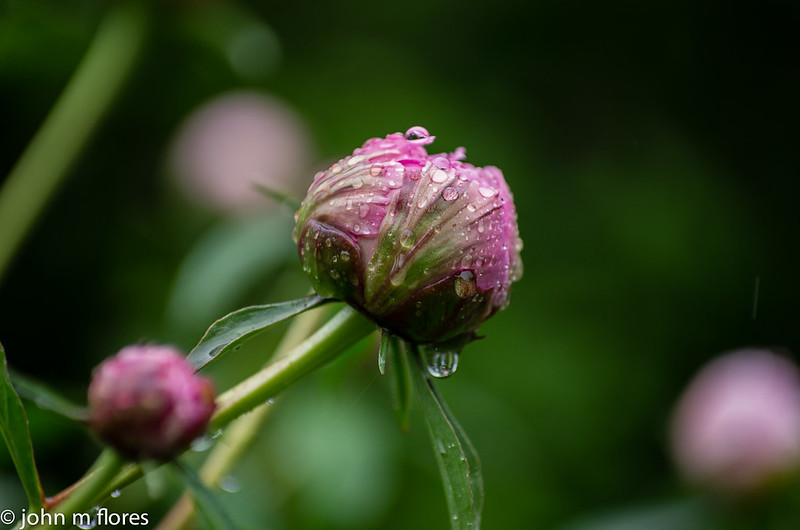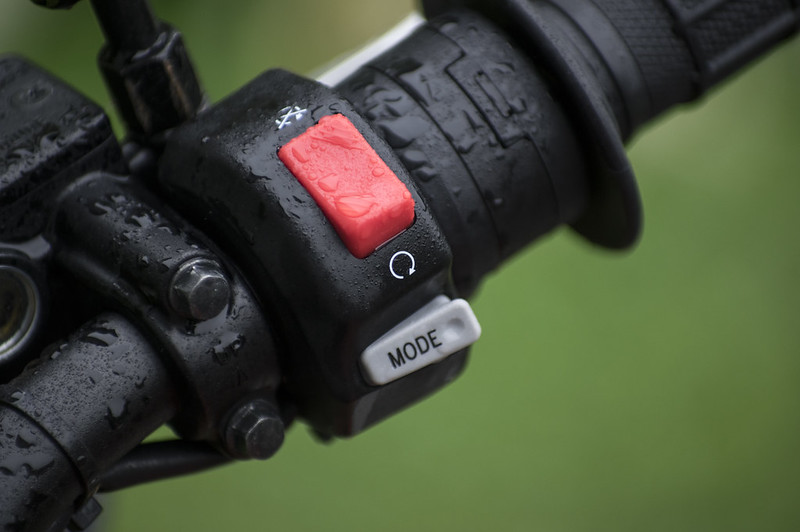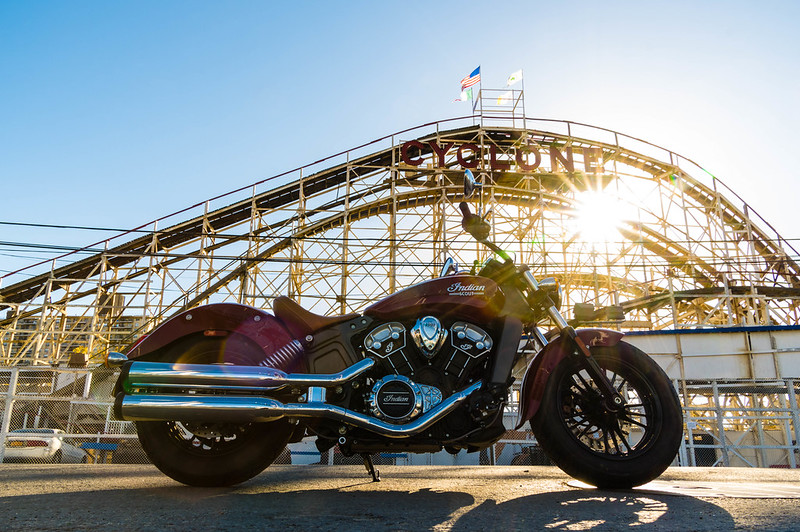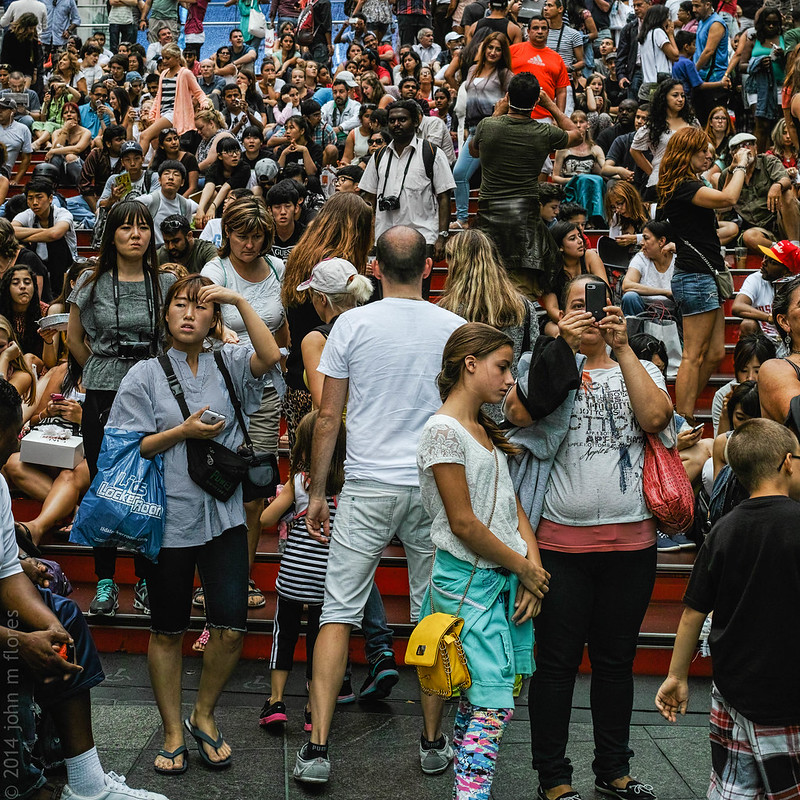 Originally posted by beachgardener
Originally posted by beachgardener 
I agree with much of what you say, but,I disagree with this above quote. Much can be learned about image creation by know technical aspects of what various fstop/shutter settings can produce, artists may over look this but photographers won't, as it is fundamental to the image making process. fstop, shallower or greater depth of field for different purposes, they type of lens used and it's rendering characteristic...
However we look at this we can learn from each other.
True, it can be helpful to know how to control certain variables such as depth of field to create certain shots. And no doubt even the most unconcerned photographer eventually learns some of it through trial and error. But to continue with my analogy, knowing the aperture used is akin to knowing that red and yellow make orange when trying to paint that sunrise. The artist still needs basic technique, but more than that too.
But the unfortunate side of technique is letting the tech take over. Spending hours upon hours photographing brick walls to test and test and test... To test what exactly? How good your gear is, or how obsessed you can be over it? If a carpenter tested every saw and hammer as obsessively as some camera enthusiasts test their gear they'd never build a thing. It's a tool, pick it up and use it.
What do you really learn about
photography after all that?
I've personally learned far more about my lenses and body by using them trying to take photographs in interesting or difficult places than any lab test.


 Similar Threads
Similar Threads 




 Ok really alizarin, cad red medium, cad yellow light, cad yellow dark, ultramarine blue, and phtalo blue. ...
Ok really alizarin, cad red medium, cad yellow light, cad yellow dark, ultramarine blue, and phtalo blue. ...












 Post #14 by Dartmoor Dave
Post #14 by Dartmoor Dave








